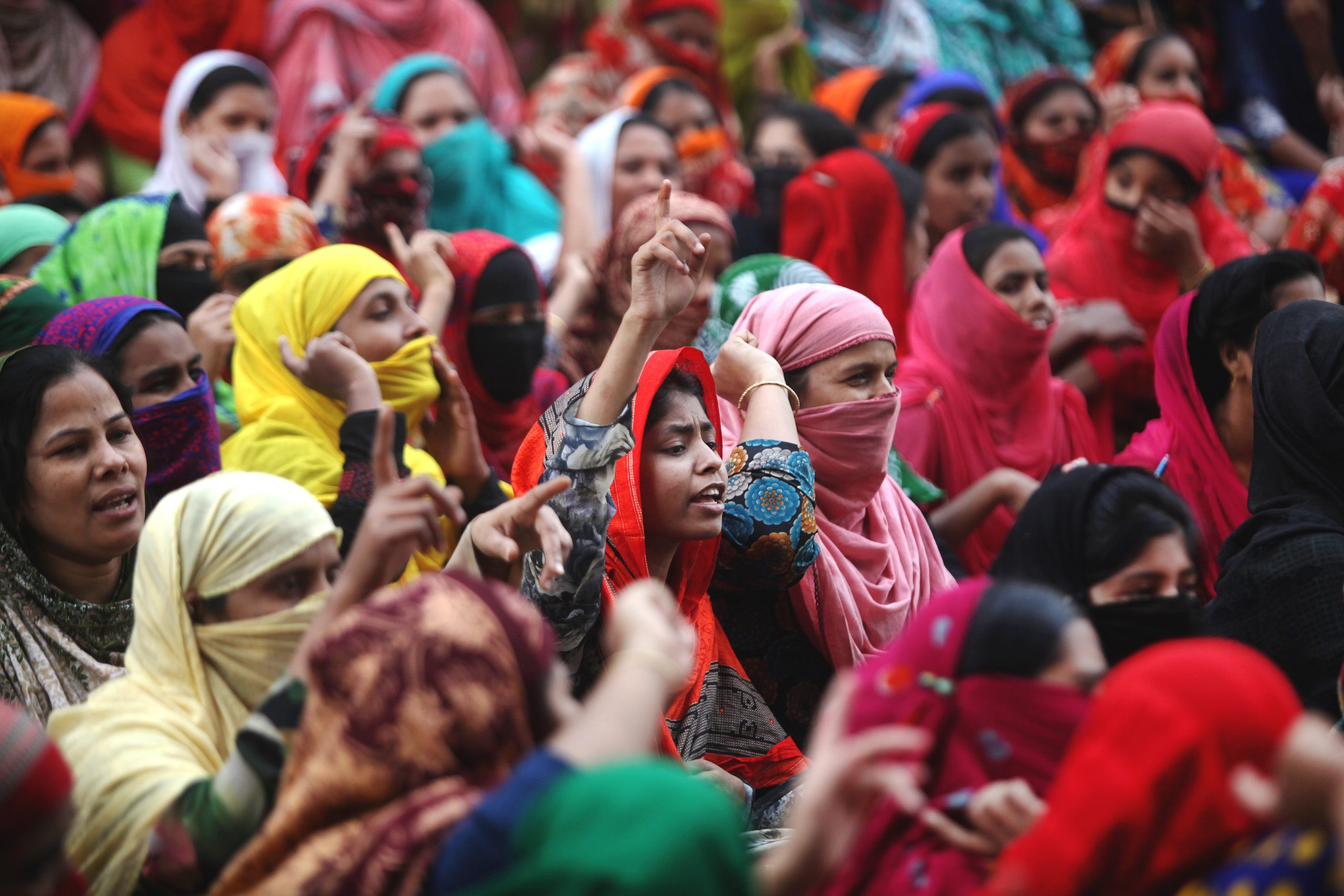

A brief conversation back in 1990 has long served as a touchstone for me when I think about constitutional issues. I was a young economic anthropologist, living in a small village in Kordofan region, inSudan. Shamu Ahmed, our host, was a garrulous, opinionated farmer, carefully keeping his family just above the absolute poverty of so many villagers, who lived in thatch huts and farmed the dry, sandy soils with simple hand tools. “He is the son of the mek,” he explained to me, after a youngman had visited the village and I asked why everyone had shown him so much deference. The mek had been the local ruler in pre-colonial times, more than 100 years earlier. “Why should hematter, and my son is nothing?” Shamu flatly queried, and spat into the reddust.
As an American, with our distinctive, bred-in-the-bone aversion to aristocracy, his words rang true. The point of a constitution, an agreement among everyone in society about the foundational rules for organizing collective governance, is that everyone starts equal.There is no mek, there is no need for deference, there is no one above the law. Each member of the society is worthy of equal respect. Each person has the same rights. Nobody is above the law, and the law does not care about your birth. As a character in a well-known television show had it: “Hi, I’m Saul Goodman. Did you know you have rights? The Constitution says you do, and so do I.”
But laws, rights, and constitutions are fragile things. Some people think that rights have to be defended with guns. Guns,however, compel a respect that is more akin to fear. True advocates of liberty, from Tom Paine to Mahatma Gandhi, tend to think that rights have to be earned with words. Whenever people are in contact with other people, whether in person in a crowd, or via the electronic connection of social media, we make split second decisions about what words to utter. Words, and the actions that make words full of integrity and conviction, instill the right kind of respect for others. Engaged citizens, who want to defend their rights, their liberty, and their constitution have to be eager to let other people know that words matter.Our mutual self-recognition as persons worthy of respect hinges on that respect being reinforced, day after day, in our minds. It depends on our minds having the lyrics and the melody of freedom. Get out there and sing!
Are You Passionate About India's Future? Join Our Community to Collaborate, Advocate, and Create Positive Change.